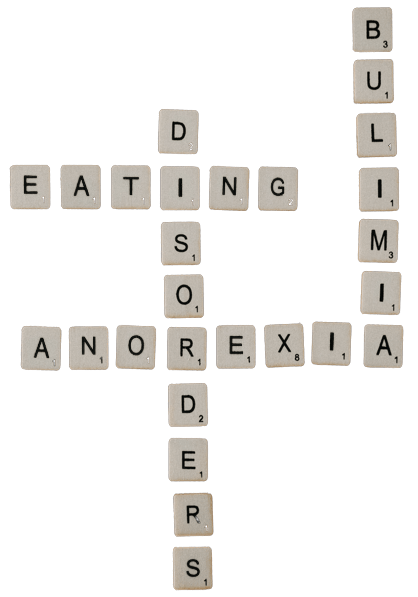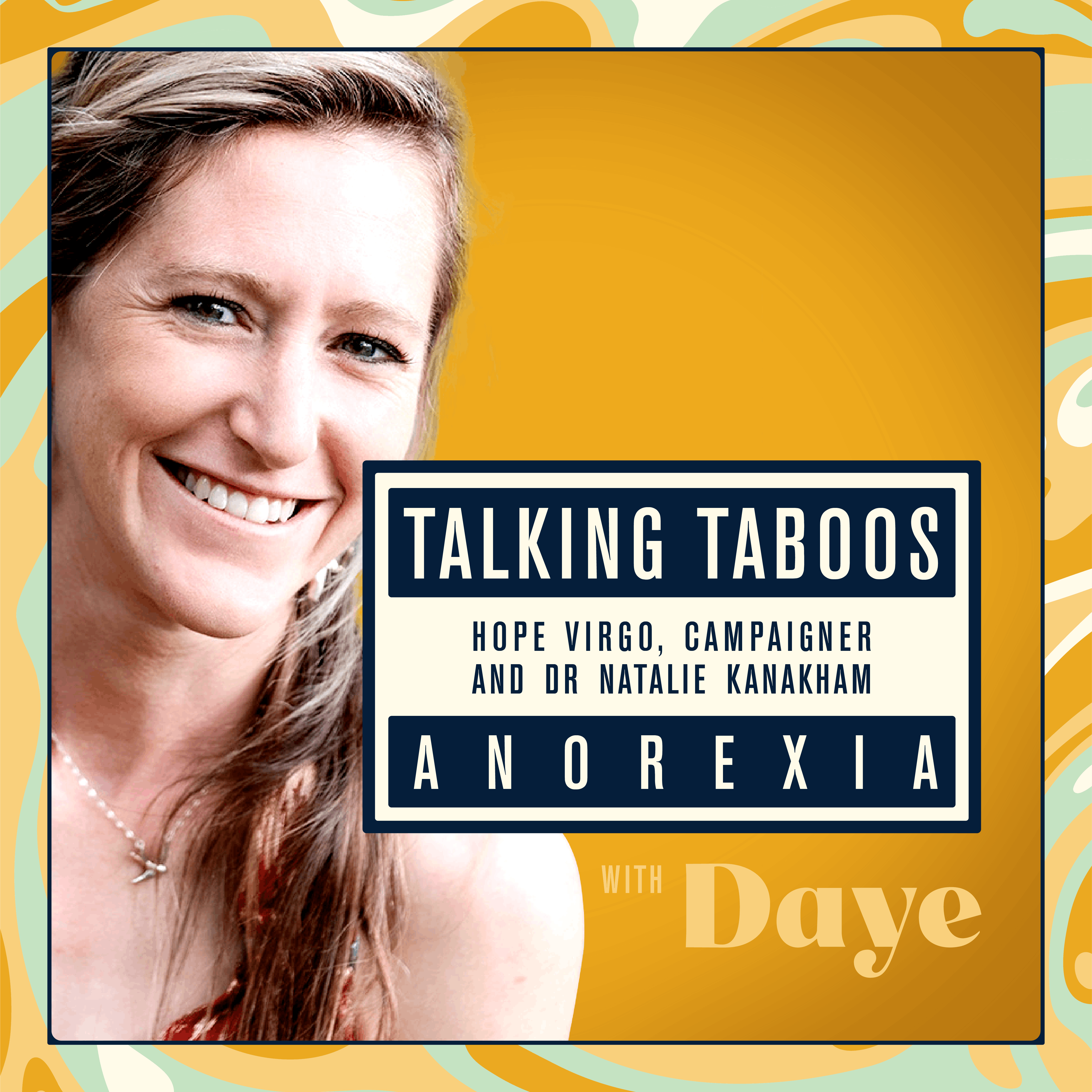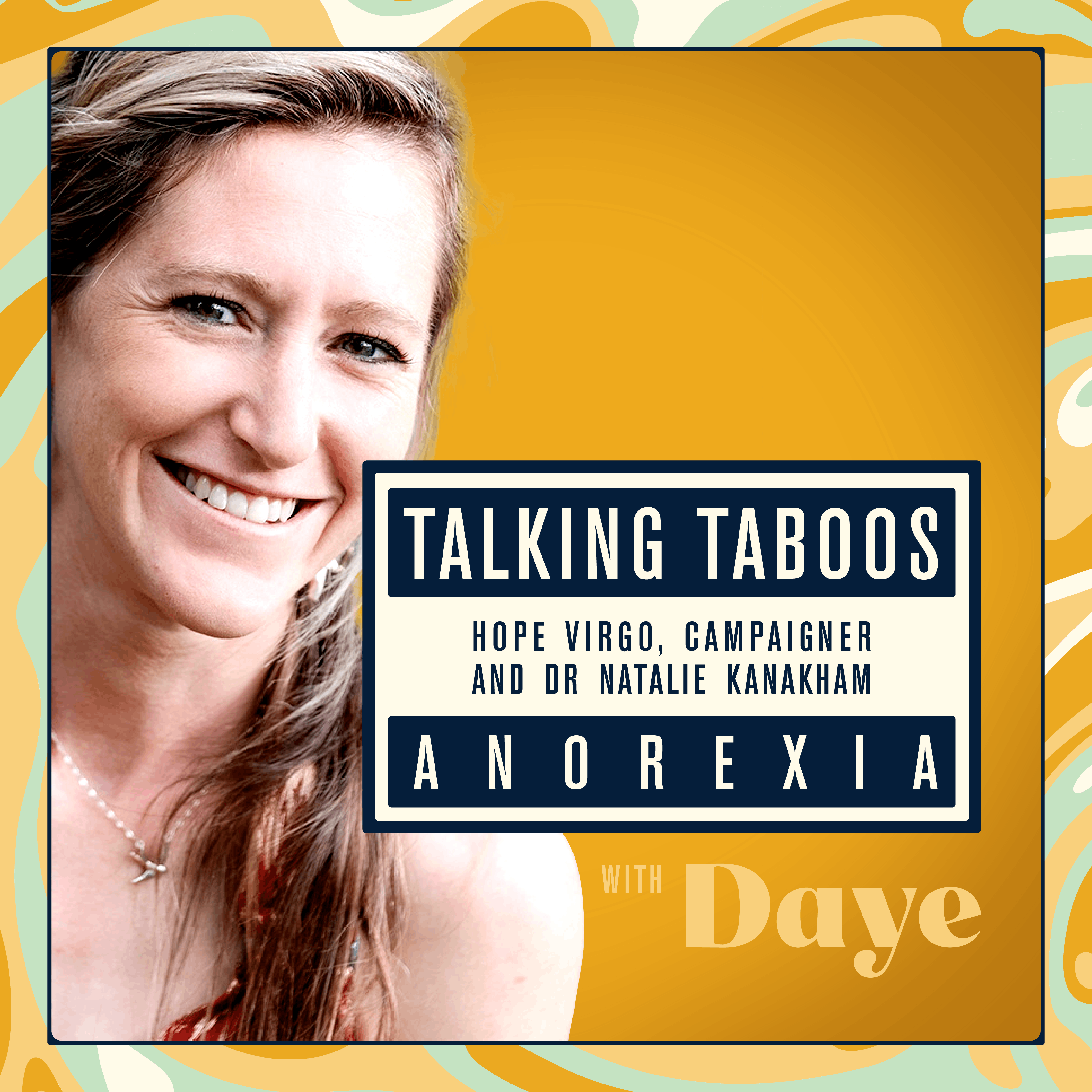I remember how my eating disorder first began, aged 12. I had waged an ongoing war against my body since I could remember, resenting the rolls of fat that seemed to me indications of personal failure. I looked nothing like the pin-thin women who populated the teen magazines I read religiously, nor like the equally slender, washboard-abed women I watched on Nickelodeon and the Disney channel. Before I was a teenager I was all too aware of my body and felt uncomfortable in how imperfect I felt it was.
I tried every bonkers fad-diet I read about, banning whole food groups at a time, even once taking to eating my dinner while on my dad’s exercise bike (a messy affair and one I would not recommend). Nothing seemed to ‘work’, by which I mean I still hated my body.
And then one day I discovered I could make myself sick. I could undo the workings of that daily ritual that has punctuated humans’ lives for time immemorial - eating meals - which had by then become a source of so much frustration, anger and resentment within me. I hated the way I had been made to routinise something which seemed so at odds with the ultimate goal I had for my body - to be thin. If I was thin, I reasoned, then I would be happy, I’d like myself and be free to march into the world with all the assured self-confidence I associated with physical perfection.

It didn’t take long for the daily ritual of dinnertime to be accompanied by the daily ritual of throwing up my dinner. And then my lunch. And then my breakfast. I went to an all-girl’s school at the time where eating disorders were rife and there was even a strange competitive streak to the effort with which we each sought to deprive and punish our bodies.
Rather than try my hand at one of the many sports on offer - I’ve never been one for hockey or netball or swimming…. - I instead focused my energy on a sort of inward self-destruction, determined to become the best-in-class at shrinking myself. I would, I decided, disappear faster than any of my friends and prove myself worthy to me, to them, to the world in general by demonstrating an unrivalled commitment to my own disappearance.
After a while I stopped needing to make myself sick very often because I pretty much stopped eating altogether. My meals shrunk and my eyes grew hungrier, as my increasingly emaciated frame bore testimony to the fact I was clearly lying when I said ‘I’m fine! I’m full!’. I took to weighing myself religiously too, up to 50 times a day, gleefully watching as my weight plummeted, while filling myself up on the perverse satisfaction of watching my body, the enemy, begin rapidly to deteriorate.
“
The thinner I got the more socially isolated I became
The thinner I got the more socially isolated I became. I resented my friends for beginning to distance themselves from me then, although I understand now how impossible it is to watch up-close as someone you love refuses to listen to your ongoing pleas to ‘just eat!’ and instead chooses to shrink their body, and their life, beyond recognition. It’s a horrible thing to put anyone you love through.
And yet, as much as the burgeoning eating disorder ravaged my life - my grades dropped with my weight as I struggled to focus in class, my hair thinned, my previously loud voice and joyful demeanour vanished, my social life disappeared and my body was in constantly in agony - I couldn’t stop.
I felt so alone in the pain and so lost in the thicket of my disordered mind. There was no escape route from this daily prison in which I’d locked myself. I wished more than anything that someone would just ask me ‘are you ok?’ So I could scream at the top of my lungs ‘NO! I am not OK, I am dying and I don’t know how to make it stop!”. Instead, everyone just stared at me with growing concern, relaying how awful I looked and how worried they felt seeing me like this. All this worry just felt like an additional emotional burden I wasn’t strong enough to carry. And so, the cycle of isolation continued - the more alone in the illness I became, the more enthralled I was to the voice in my head that told me not to stop.
“
I felt so alone in the pain and so lost in the thicket of my disordered mind
When I did eventually get help for my anorexia, it was at an NHS clinic where I was treated as though I had a broken arm or a dislocated hip. There was no discussion whatsoever as to the psychological causes that invariably sat behind my illness, nor any attempt to steer me back to sturdier mental terrain. Instead, I was given a diet-plan that consisted of lasagne and mars bars and subjected to a weekly weigh-in, which would send me immediately into a spiral of panic, unprepared as I was to see the numbers creep up on the scales which had, until then, been my friend. Eventually, I dreaded these abrasive intrusions into my life so viscerally I stopped going to see the councillor and my weight once again plummeted.
In the end, I did get better, although it had nothing to do with the lasagne and mars bar diet it must be said. After my school threatened to suspend me temporarily (my visibly emaciated appearance wasn’t doing their reputation any favours, they warned me, and parents were beginning to complain), I determined I’d let too much of my life be eroded by the illness and it had to stop. It took years - much longer, it turned out, to heal my mind than it did to heal my body. Learning to disconnect food from guilt and exercise from punishment is a lifetime’s work following anorexia.
Still, according to the stats, I was lucky to have survived. Anorexia, which disproportionately impacts young women, has the highest mortality rate of any psychiatric illness and, alarmingly, it is rapidly on the rise here in the UK - NHS Digital data shows that there were 21,794 hospital admissions for eating disorders in 2017-2020, a 32% increase on 2017-2018, with children accounting for almost a quarter. Unsurprisingly, the pandemic greatly exacerbated this growth in eating disorders as lockdown ravaged our collective mental health.
When I look back I cannot say definitely whether anything could have stopped me from developing anorexia, or pulled me from its deleterious clutches any earlier. But what I can say is that I wish I had been exposed to and had had access to more open and honest conversations about the illness, particularly during the period in which I was initially getting better. That was an especially lonely time in which I felt a smorgasbord of competing emotions - a perverse embarrassment at the fact I was visible getting better, which felt as though I had somehow ‘failed’ at the illness; fear at the once again changing contours of my body, which seemed so terrifyingly out of my control; shame at how much of my life I had permitted this illness to affect, and for so long; worry that I had by now missed the boat on building a ‘normal’, ‘successful’ life like those around.

Listen to the first episode of our podcast here.






